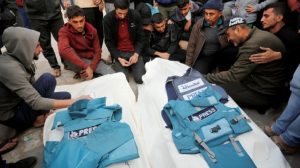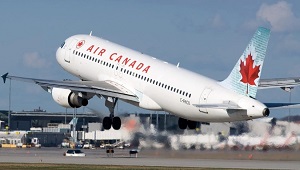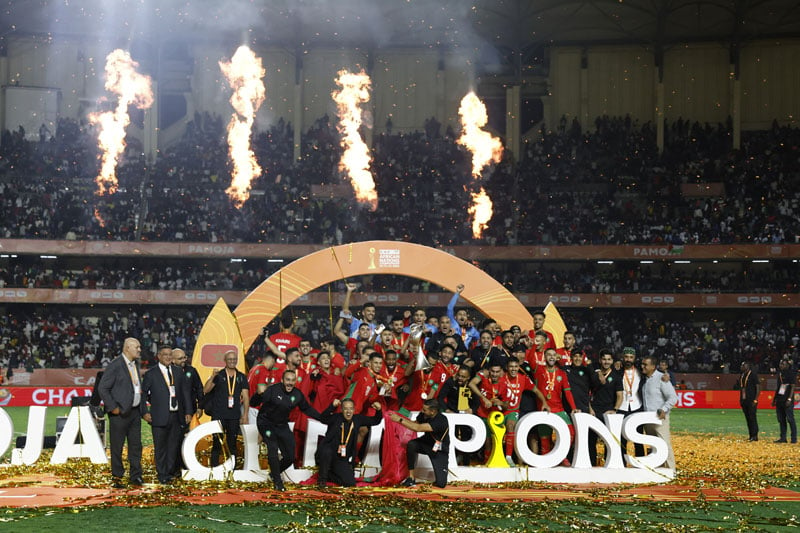Not only standing on the podium of the African Nations Championship for local players (CHAN), but also leading as the most decorated African team in the tournament, the Moroccan national local team “The Championship Lions” performed excellently in the Kenyan capital in an “exciting final” that sparked waves of joy and pride among Moroccans.
The achievement of “the national coach Tarik Sektioui’s squad” adds to the rich record of accomplishments accumulated by Moroccan football both continentally and globally, following the historic milestone of reaching the semi-finals at the “Qatar 2022 World Cup”; achievements that earned royal congratulations appreciating “the efforts of all components of our national team including players, coaches, technical and medical staff, administrative cadres, and officials of the Royal Moroccan Football Federation.”
Notably, King Mohammed VI addressed the team in a message: “We highly appreciate their effective contributions filled with sincere patriotism to achieve this new African title, which will undoubtedly serve as a strong motivation for our various teams and sports clubs to move forward, imbued with a culture of victory, to win more titles.”
Several sports analysts consulted by Hespress viewed the Moroccan local team’s third CHAN title as a “structural transformation in the path of national football,” listing some indications that require continued efforts to consolidate the “winning culture” that keen observers have noticed.
Hicham Rmrama, a football analyst, said, “Repeated victories and titles help instill a culture of excellence in the current and future generations,” adding, “This is an important factor; even if you have the best training methods, without cultural and social elements taught inside and outside training centers, achievements cannot be repeated.”
According to Rmrama in a statement to Hespress, “Generally, most football schools worldwide reflect the culture of their societies,” citing as examples “the German football style which clearly reflects the German mentality of discipline, precision, and toughness, and similarly, English football characterized by direct, simple play relying on physical performance and selflessness.”
The same analyst commented: “Football resembles its societies… Therefore, planting a culture of winning, excellence, and determination must be worked on in other institutions, not just training centers,” adding, “However, establishing these elements should not make us overlook sportsmanship and accepting defeat when it occurs; this is possible and necessary to continue striving and starting anew.”
“We should not only exploit victories or titles to correct the path and progress but also learn to use failure to achieve better results,” he concluded. “The local team’s CHAN title is a form of justice for league players, as the African Nations Championship is their only opportunity to shine internationally and achieve external titles at the national team level.”
Meanwhile, Abdelmajid Khal, a national coach and sports analyst, confirmed that the Moroccan local team’s third CHAN title is no longer a circumstantial success but a prominent milestone in the national football journey amid major transformations in the Moroccan football system.
Khal highlighted in a statement to Hespress that this accumulation “reflects the maturity of the policy adopted by the Royal Moroccan Football Federation, in line with the royal directives aiming to develop sports in general and football in particular, through providing modern infrastructure, building high-quality stadiums, alongside training centers and academies producing a new generation of football talents.”
According to the Moroccan football official, “The strategic approach is not limited to national teams but also includes Moroccan clubs that maintained a strong continental presence, such as Wydad AC, Raja CA, and Renaissance Berkane, alongside historic achievements of the senior national team at the Qatar World Cup, the women’s team at the recent World Cup and Africa Cup finals; reflecting the multiple facets of Moroccan football which has become a rising continental power and an influential actor internationally, moving beyond mere participation to establishing a ‘winning culture’ and ‘champion identity.'”
The speaker told Hespress that “recent victories have contributed to strengthening trust between fans and the national team, renewing the spirit of belonging and national enthusiasm, making sports today a key lever for Morocco’s image continentally and internationally.”
Abdelmajid Khal concluded by affirming that “Morocco looks forward, through hosting the upcoming Africa Cup and organizing the 2030 World Cup, to consolidating this distinguished path and making the Moroccan experience a continental model in sports management and organization, opening horizons for greater achievements in the future.”
Mahdi Kssoua, a national official and sports analyst, considered the local national team’s third CHAN title “a well-deserved achievement reflecting the fruit of major efforts exerted by the Royal Moroccan Football Federation alongside national clubs seriously engaged in developing players’ skills both individually and collectively.”
Kssoua added in a statement to Hespress, specifically mentioning that “success reflects the pivotal role of national technical staff who led various stages; starting from Hussein Ammouta and Jamal Salami to Tarik Sektioui, who quickly unified the group and formulated an effective tactical vision reflecting the increasing maturity of football training in Morocco, both in player preparation and coach qualification.”
This path also strengthens the winning culture which was not born today but crystallized through accumulated experiences and results,” said the national official and sports analyst, citing that “Morocco reached 29 finals in various continental and global competitions over the past nine years, winning 20 of them, in both male and female categories; a significant figure summarizing the efforts made and indicating that national football has entered a new phase titled continuity at the top rather than circumstantial successes,” noting that “this culture has made ambition exceed mere participation to a constant pursuit of titles and raising the national flag.”
Mahdi Kssoua pointed out that “the turning point was the national team’s achievement at the Qatar 2022 World Cup, which opened new horizons for Moroccan football and launched an unprecedented momentum among players, technical staff, and fans; investment in training was consolidated through continuous courses for national staff and new communication languages with players, producing strong teams in various age groups for both males and females. Moroccan fans themselves now live in a new atmosphere where they do not settle for less but always demand to be among the elite, requiring concerted efforts between the federation, clubs, and training centers to ensure sustainable Moroccan presence at the top of continental and global football.”













Recommended for you
Exhibition City Completes About 80% of Preparations for the Damascus International Fair Launch
Talib Al-Rifai Chronicles Kuwaiti Art Heritage in "Doukhi.. Tasaseem Al-Saba"
Unified Admission Applications Start Tuesday with 640 Students to be Accepted in Medicine
Egypt Post: We Have Over 10 Million Customers in Savings Accounts and Offer Daily, Monthly, and Annual Returns
His Highness Sheikh Isa bin Salman bin Hamad Al Khalifa Receives the United States Ambassador to the Kingdom of Bahrain
Al-Jaghbeer: The Industrial Sector Leads Economic Growth